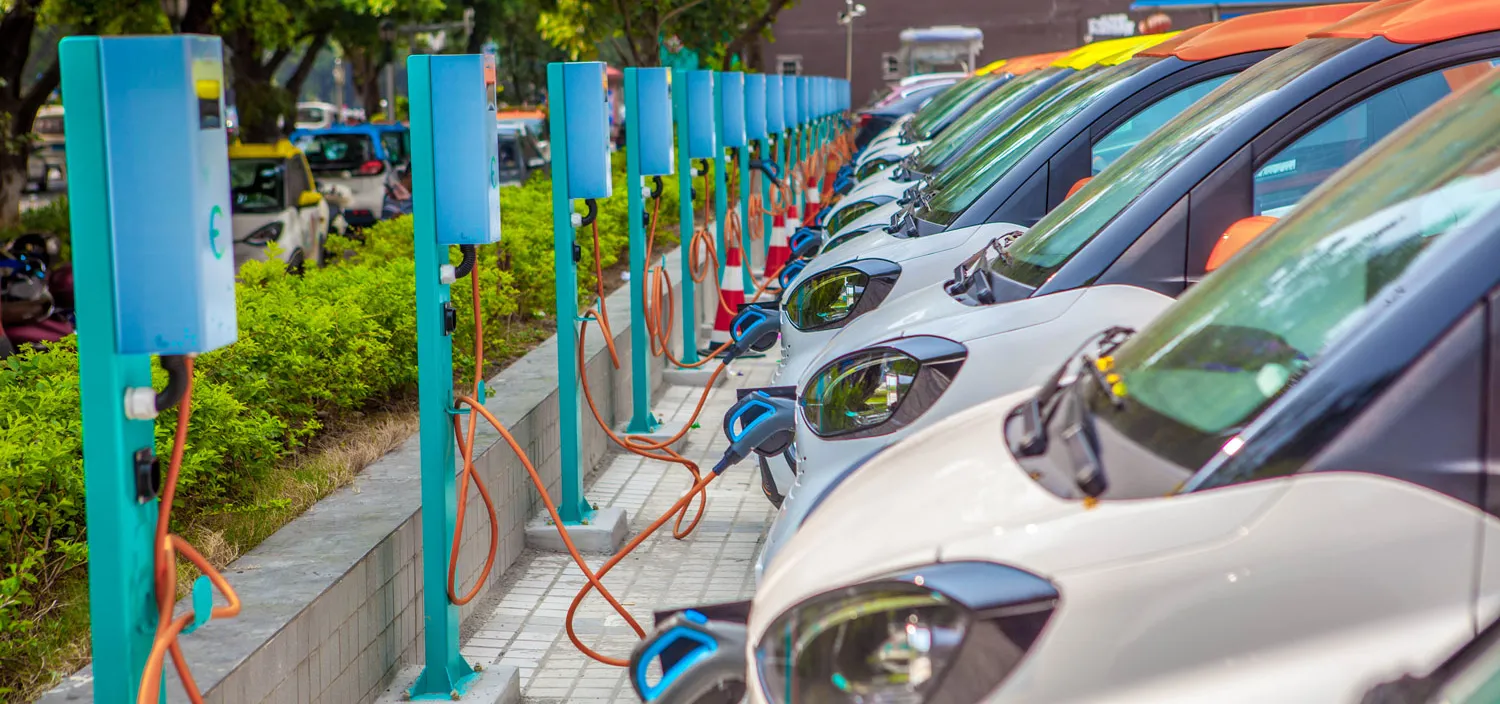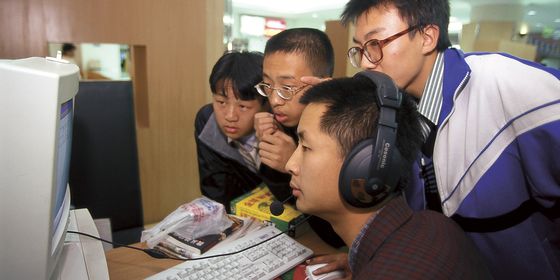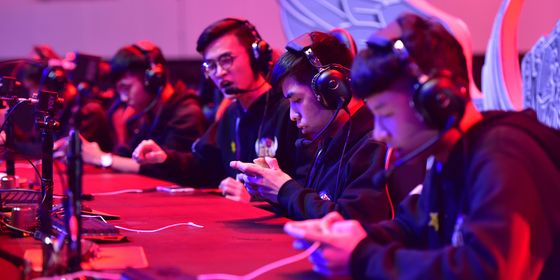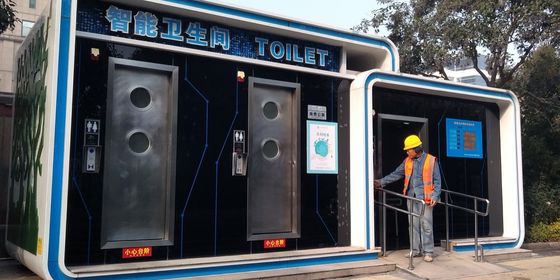VR vs. drugs, the tiniest electric car, Tencent’s social credit scheme, and Didi pursues Uber abroad
Each Thursday, the World of Chinese takes the most ground-breaking, impressive, or just plain weird technological advancements related to the Middle Kingdom and serves them in bite-sized chunks to keep you up-to-date on the latest advances in the world of Chinese technology.
Didi launches proxy war against Uber overseas
If you thought that with the war between Didi and Uber ended with their merger last year, it seems you’re mistaken. Last July, Uber effectively threw in the towel in China in return for a vast cash payoff, while Didi got a small stake of Uber. Now it looks like Didi is pursuing Uber into Europe and Africa, through a partnership with Taxify—one of Uber’s rivals.
Didi’s founder has indicated that the partnership is geared at helping Taxify expand across borders and into new territories.
Tencent testing another “social credit” scheme
There’s been a lot of commentary over what China’s “social credit” schemes entail, with predictions ranging from a pervasive, Orwellian behavior-control system through to more mundane claims of credit rating. Tech giant Tencent already has a massive trove of personal data and financial information thanks to its ubiquitous WeChat app (with its WeChat wallet and other tracking features). They’ve got a size-12 foot in the door when it comes to launching any social credit system, even though Alibaba already has one, Sesame Credit, up and running.
In fact, Tencent’s already got a beta testing system for Tencent Credit. From Quartz:
“Users must input their real names and Chinese ID numbers to reveal their scores, which ranges between 300 and 850. The company breaks down that score into five sub-categories: social connections, consumption behavior, security, wealth, and compliance. It’s very similar to Sesame Credit, the social credit system run by Alibaba affiliate Ant Financial, which was launched officially in 2015.”
China to host international robot conference
From August 23 to 27, Beijing is set to host the World Robotics Conference. Organizers are anticipating around 300 AI specialists and 150 robotics companies to attend the event, which will include a three-day forum and competitions.
VR vs. Drugs
No, this isn’t an entry on ways to escape reality. A government-backed rehab center in Zhejiang has been testing virtual reality gear on recovering meth addicts, and claims that after 1,008 tests, the treatment can be considered successful.
According to the Global Times, the VR system shows the patients a documentary on the effects of drugs, followed by images of recovered addicts meeting reuniting with happy families. Aside from measuring the heart rate of participants, the actual VR is not specified. In any case, the rehab center claims that VR has a 37.6 percent success rate, and that this is pretty high.
GM rolls out tiny $5,300 electric car in China
The smallest electric car ever is available to Chinese customers, at the very competitive price of $5,300—but that’s after government rebates and incentives. Before those, the cost comes to about $14,000, or 93,900 RMB.
The Baojun e100 has just two seats, and the distance from the center of its front wheels to the center of its back wheels measures just 160 centimeters, roughly 25 centimeters less than the next smallest car. The car can go at a top speed of almost 100 km/h and the battery lasts for about 150 kilometers. For now, though, sales are only occurring in the Guangxi autonomous region.
Cover image from lznews.gov.cn












